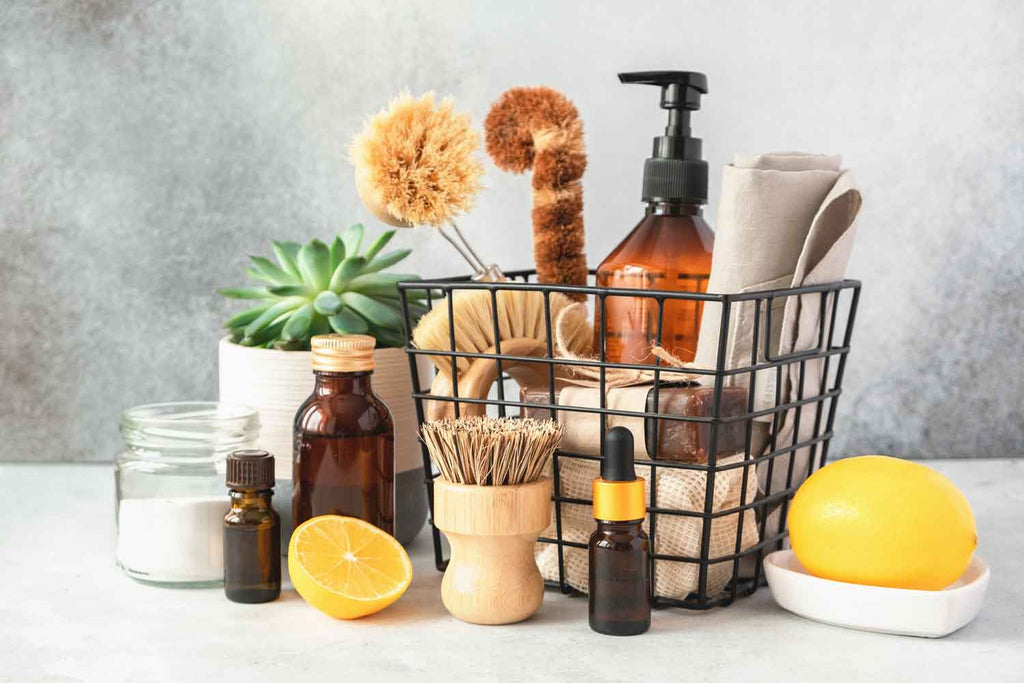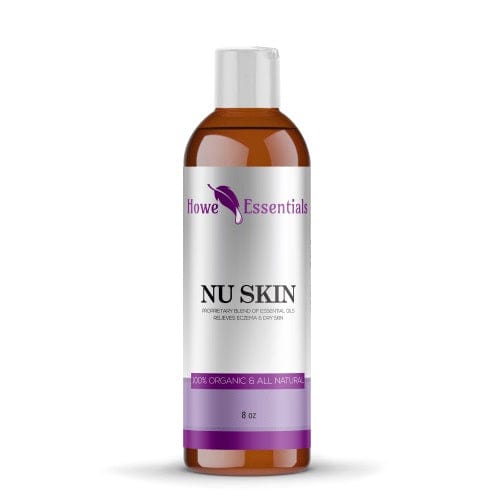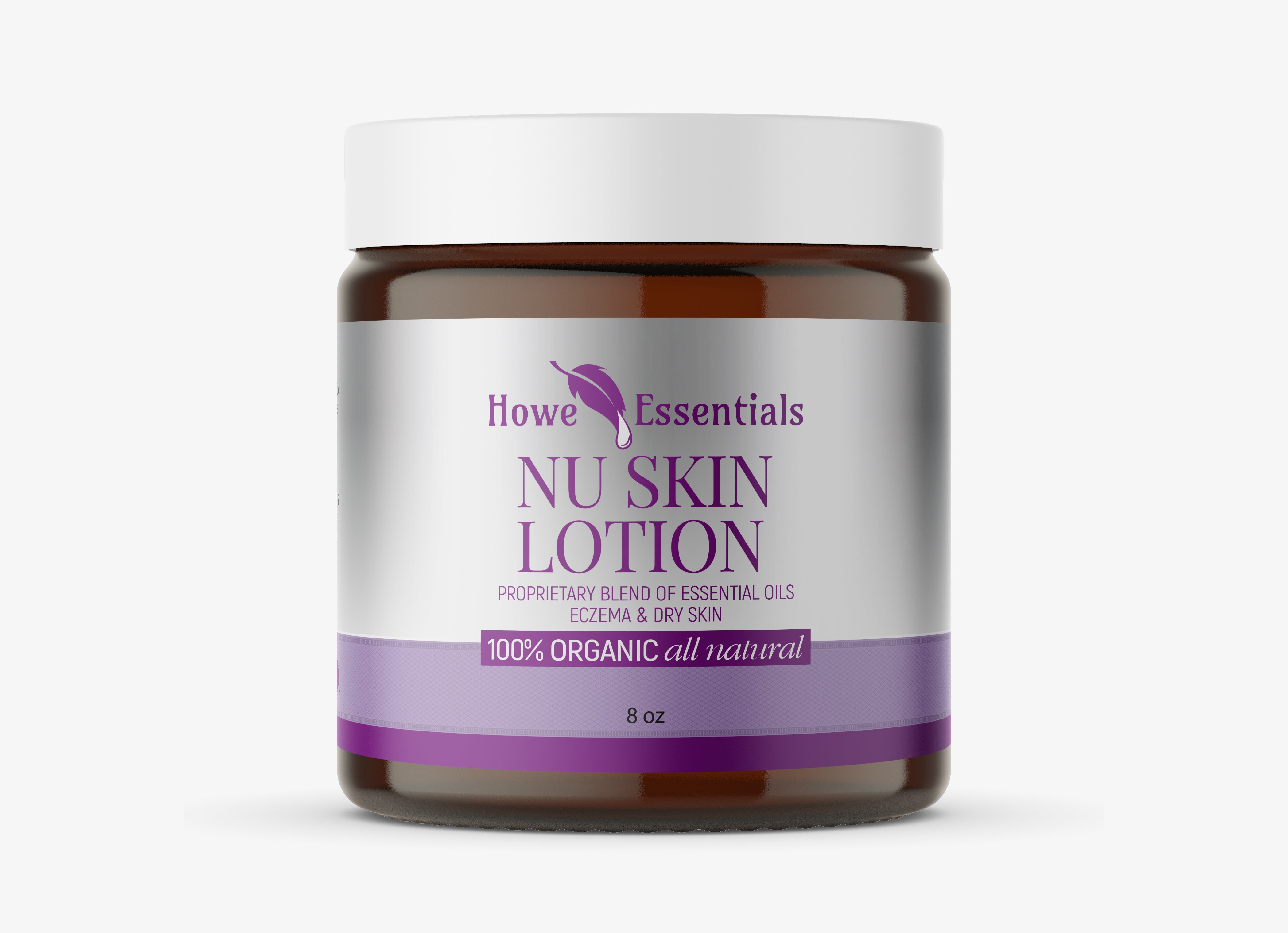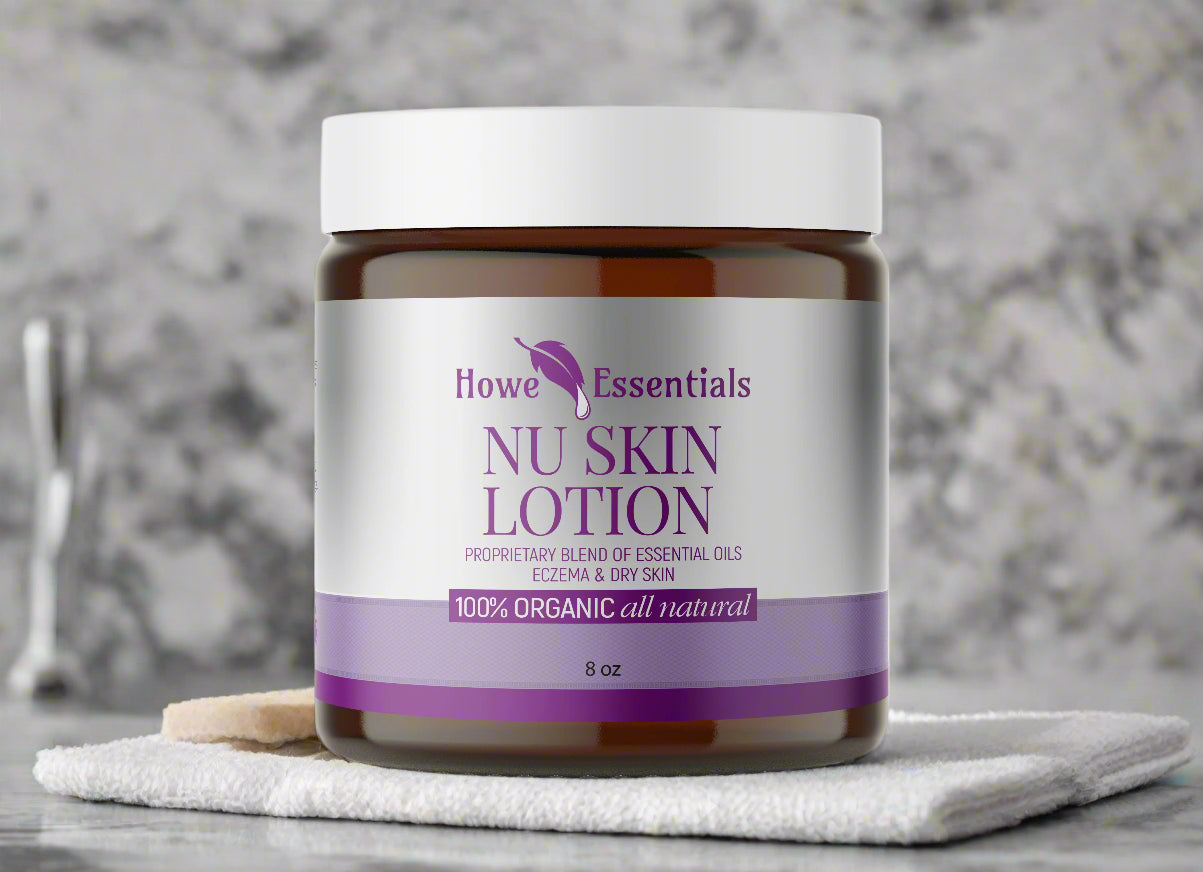
10 Proven Strategies to Minimize Everyday Toxin Exposure in Your Home

In today's modern world, we're surrounded by products designed to make our lives easier. However, many of these conveniences come at a hidden cost: exposure to potentially harmful chemicals. While some of these chemicals are deemed safe in minimal amounts, their cumulative effect can be concerning. This guide will unveil ten effective strategies to minimize your exposure to everyday toxins.
- Rethink Your Cleaning Arsenal
While all-purpose cleaners promise convenience, they often harbor harmful chemicals like ammonia. Though ammonia has been a cleaning staple for centuries, its safety is debatable. Instead, consider natural alternatives like vinegar or baking soda, which can be equally effective without the associated risks.
- Embrace Natural Pest Control
Historically, many pesticides were developed for warfare, and their toxic legacy continues. However, you don't need to resort to chemicals to protect your garden. Natural deterrents, such as specific plants or homemade pepper sprays, can be just as effective without the harmful side effects.
- Prioritize Glass Over Plastic for Food Storage
Plastics, especially those in food containers, can leach harmful chemicals over time. The National Institute of Health suggests that glass containers are a safer alternative, ensuring your food remains uncontaminated.
- Freshen Air Naturally
Commercial air fresheners and scented candles might smell pleasant, but they can release volatile organic compounds (VOCs) that irritate the respiratory system. Instead, opt for essential oil diffusers. However, be discerning; some essential oils also contain VOCs. Houseplants, as highlighted by NASA, can also purify the air, offering a natural and decorative solution.
- Choose Non-Toxic Furniture
Historically, many furniture pieces contained flame retardants, which can slowly release toxins into your environment. Thankfully, as awareness has grown, many manufacturers have transitioned to safer alternatives. When shopping, look for labels indicating the absence of these chemicals.
- Cook with Care
Non-stick cookware, while convenient, can introduce unwanted chemicals into your food. Instead, embrace naturally non-stick options like cast-iron, enameled materials, or glass.
- Drink from Safer Containers
Bisphenol A (BPA), found in some plastic bottles and aluminum can linings, has been a topic of debate regarding its safety. While the FDA maintains its current levels are safe, if you're wary, opt for beverages in glass containers.
- Dispose of Batteries Responsibly
Old batteries can contain cadmium, a chemical harmful to both the respiratory and renal systems. Ensure you're disposing of old batteries correctly to minimize environmental and personal exposure.
- Be Selective with Personal Care Products
Many cosmetics, soaps, and hair products contain a cocktail of chemicals. While reducing cosmetics use is one approach, you can also seek out plant-based alternatives for soaps and shampoos, which are becoming increasingly available and affordable.
- Kick the Smoking Habit
If you're a smoker, quitting is one of the most impactful steps you can take to reduce chemical exposure. Not only will you benefit, but so will those around you. Seek out resources and consult with healthcare professionals to embark on a smoke-free journey.
In Conclusion
Navigating a world filled with hidden toxins can seem daunting, but with awareness and informed choices, you can significantly reduce your exposure. Embrace these ten strategies, and you'll be on your way to a healthier, toxin-free lifestyle.




